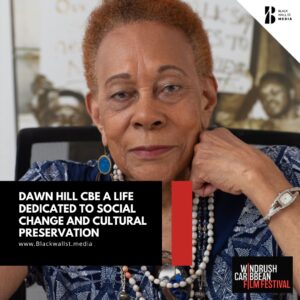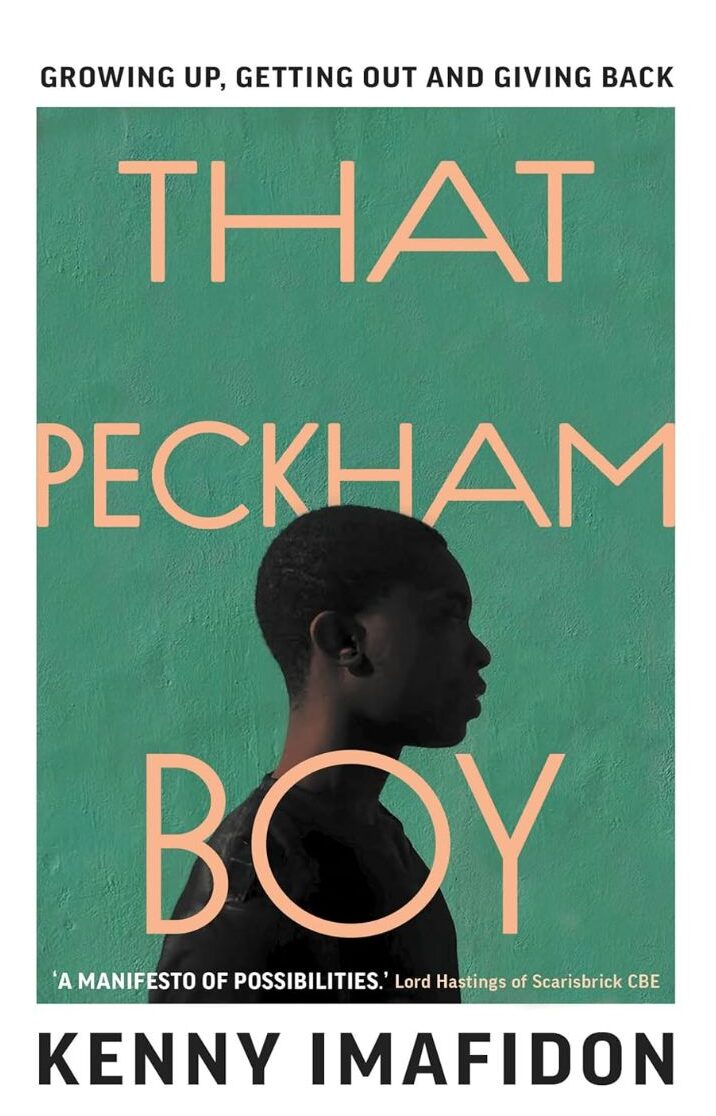Unveiling Acral Melanoma
![]()

May marks Skin Cancer Awareness Month, and this year, we're shedding light on acral melanoma…
Racial Disparities in Frontotemporal Dementia Awareness
![]()

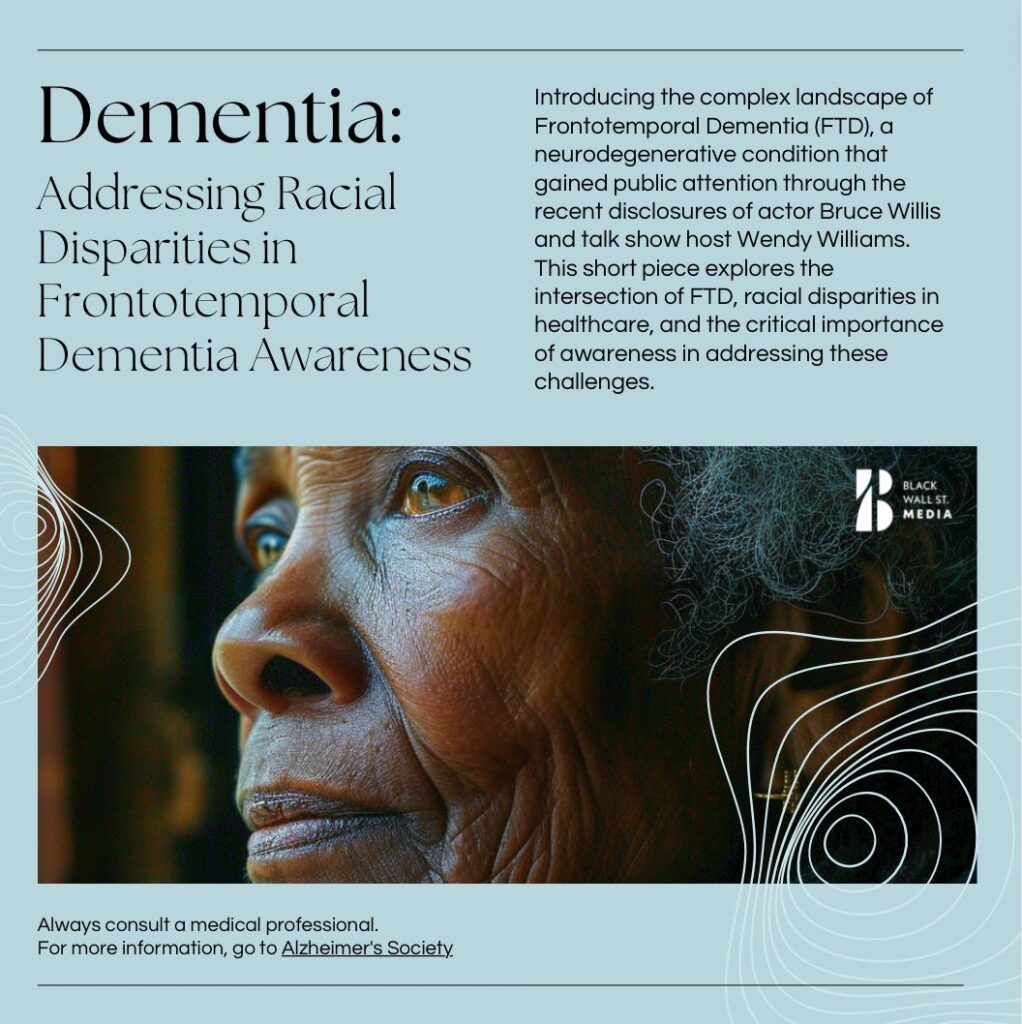
Introducing the complex landscape of Frontotemporal Dementia (FTD), a neurodegenerative condition that gained public attention…
BWSMMay 5, 2024
BREAKING THE CHAINS TO INSPIRE INCLUSION – AMONGST BLACK WOMEN
![]()

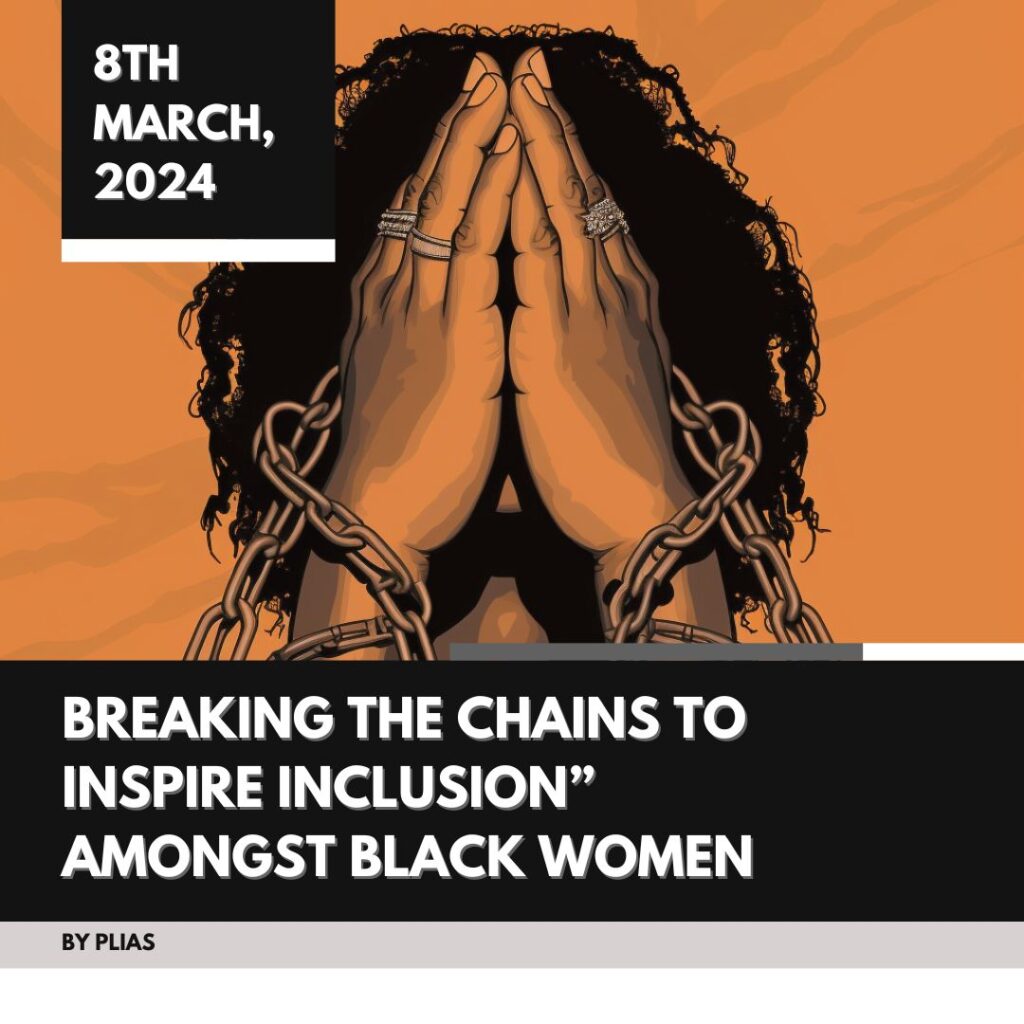
Unveiling the Darkness: The Impact of Domestic Violence
BWSMMarch 8, 2024
Black Female Social Workers Leading the Anti-Racism Movement
![]()

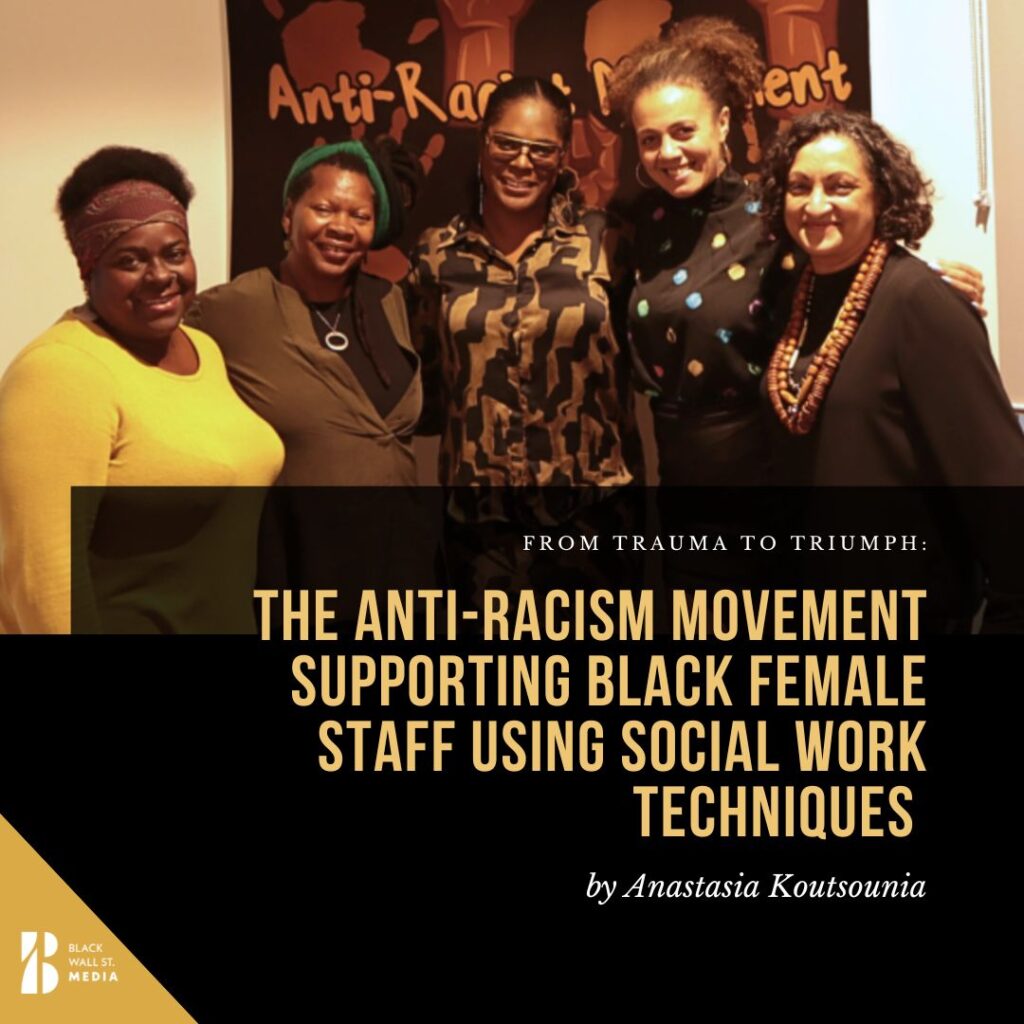
How a group of black female social workers are using a reflective model of group…
BWSMFebruary 4, 2024
Dexter Scott King’s Impact Beyond the Dream
![]()


His legacy goes beyond the dream as we reflect on his courage in the face…
BWSMJanuary 26, 2024
Barbers as Mental Health First Responders in Black Communities
![]()


Transforming barbershops into mental health sanctuaries! Explore the groundbreaking 'Self Care Through Hair' initiative by…
BWSMJanuary 21, 2024
Navigating Reproductive Rights
![]()

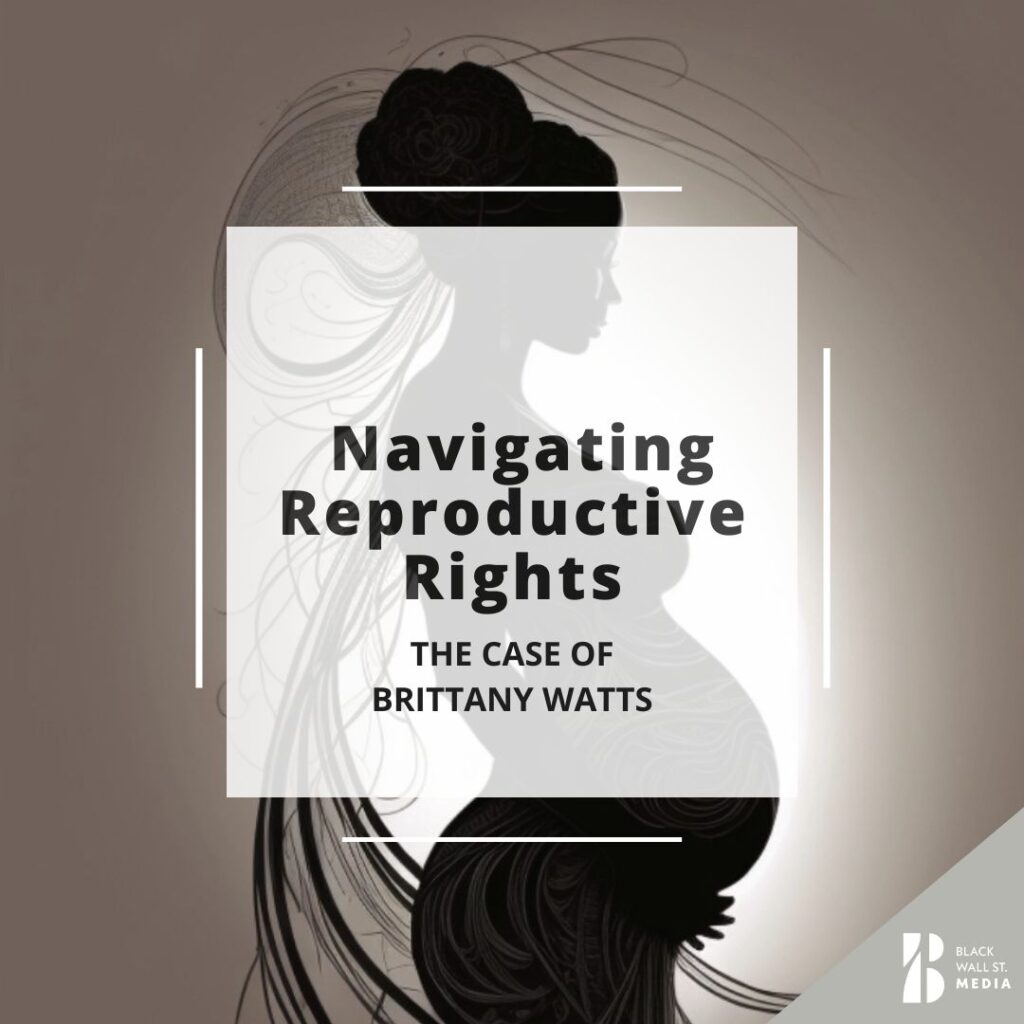
Navigating Reproductive Rights: Join the conversation on Brittany Watts' challenging journey, shedding light on the…
BWSMJanuary 15, 2024
How Black Women Experience Depression Differently
![]()

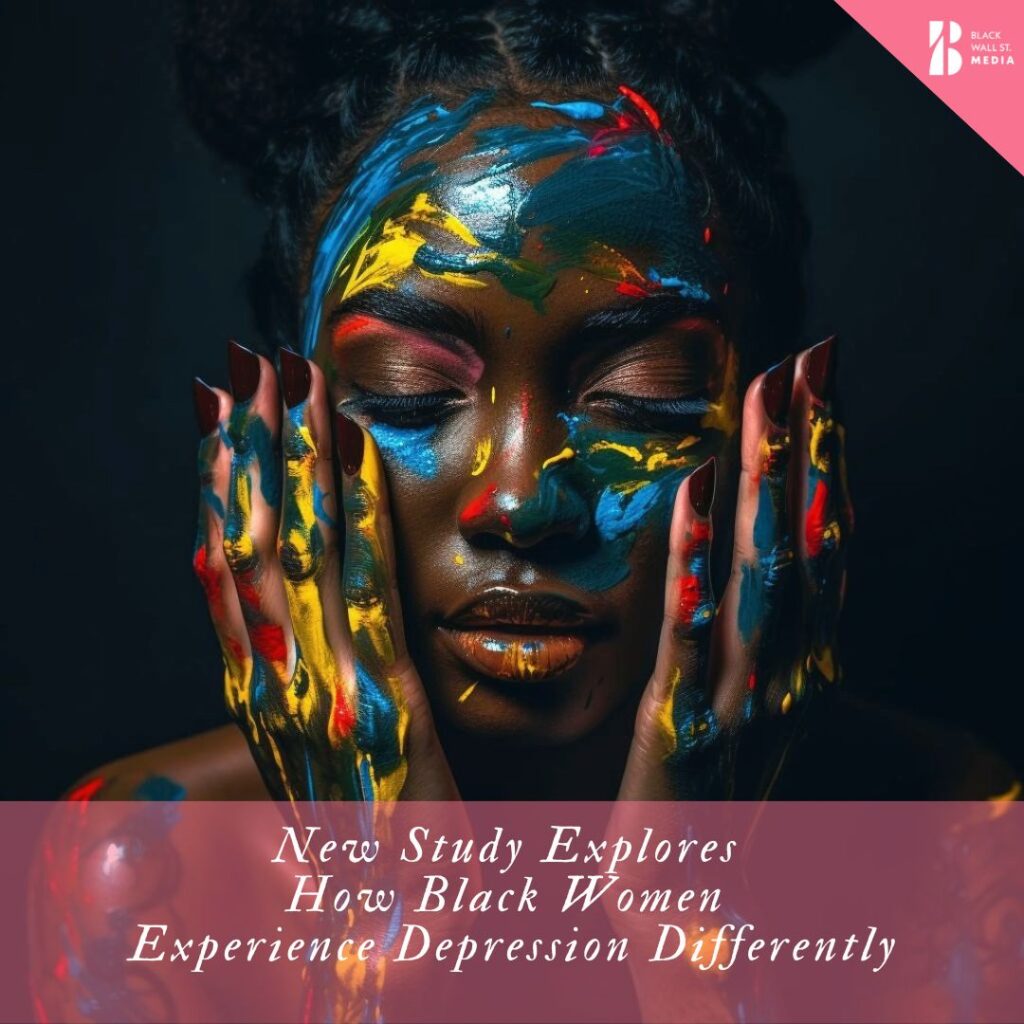
According to a recent study published in the Nursing Research journal, Black women may experience depression symptoms that are…
BWSMJanuary 11, 2024
Unveiling the Impact on Men’s Well-Being
![]()


Embark on a journey with me as we delve into the profound impact of neglecting…
BWSMJanuary 10, 2024






